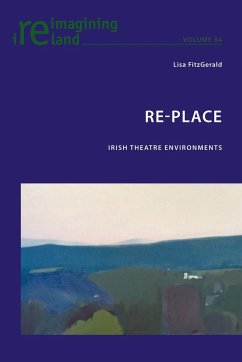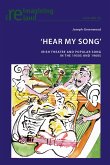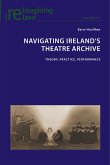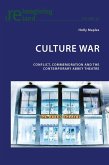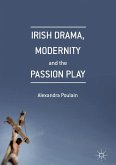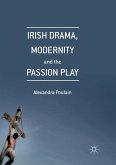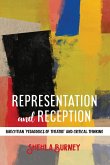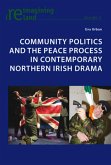What role does nature play in the cultural world of the theatre? Is the auditorium not a natural environment, and how can theatre and nature aesthetics co-exist in the productive expression of performance? Re-Place: Irish Theatre Environments proposes a new way of thinking about Irish theatre: one that challenges established boundaries between nature and culture and argues for theatre performances to be seen as conceptual ecological environments. Broadening the scope of theatre environments to encompass radiophonic and digital spaces, Re-Place is a timely interrogation of how we understand performance history. This book examines the work, both as text and in production, of three canonical Irish playwrights, J. M. Synge, Samuel Beckett and Brian Friel, and looks at how theatre documentation can further the idea of a natural performance environment. The questions under consideration extend Irish theatre history into the field of the environmental humanities and draw on new materialist discourse to offer exciting and innovative ways to approach performance.
Bitte wählen Sie Ihr Anliegen aus.
Rechnungen
Retourenschein anfordern
Bestellstatus
Storno

